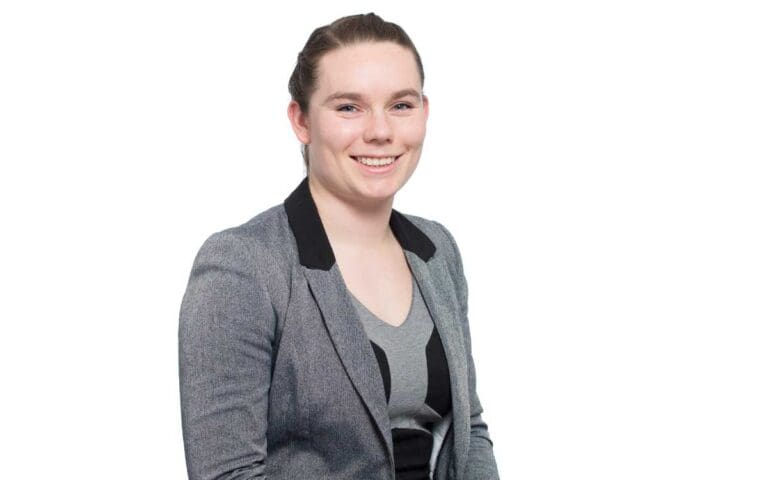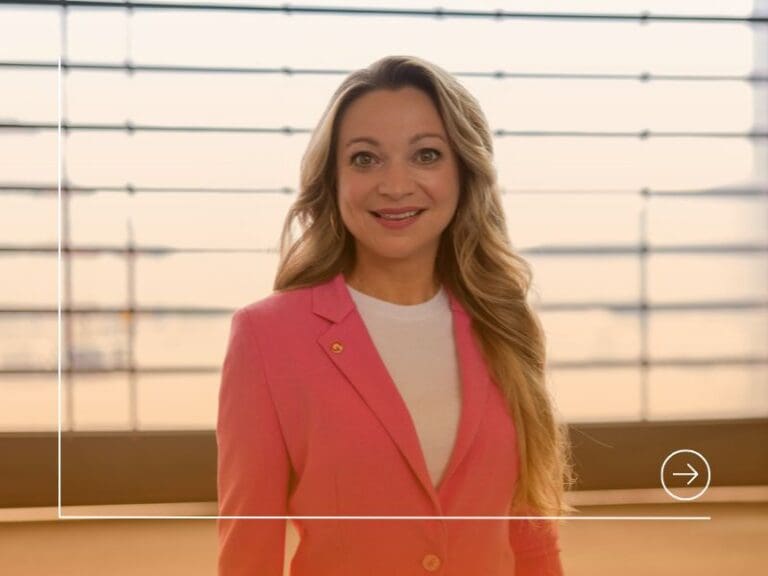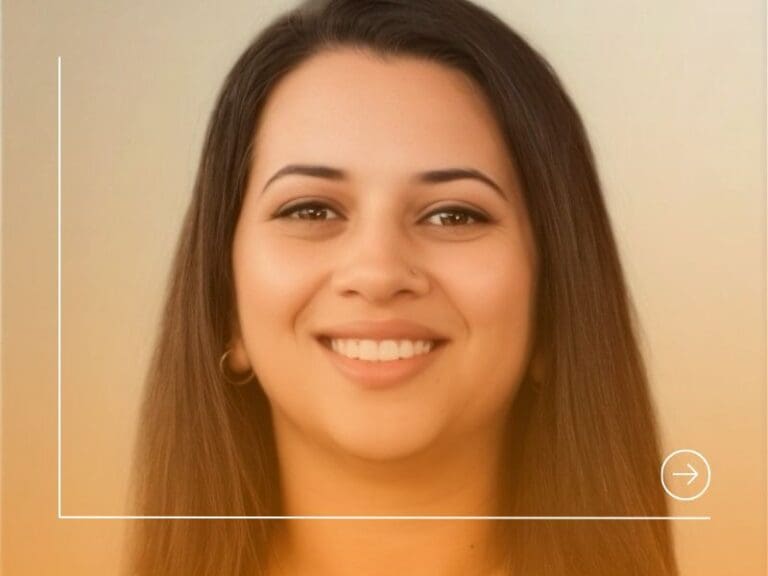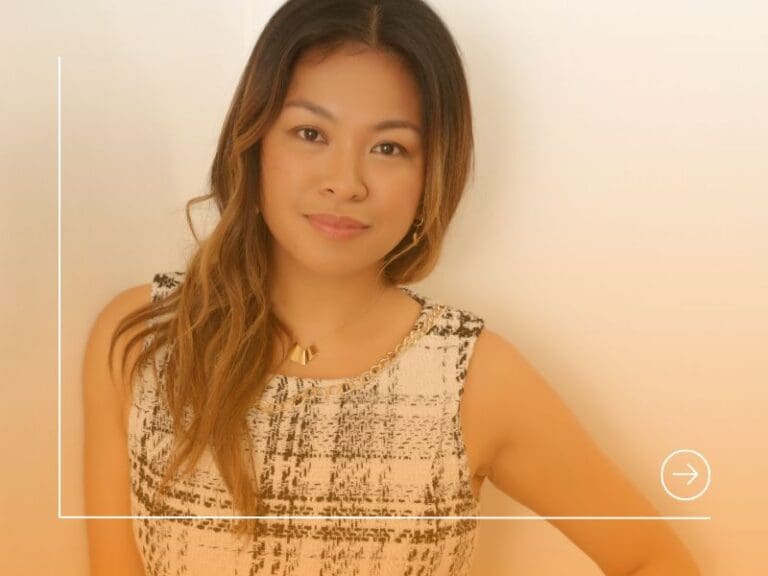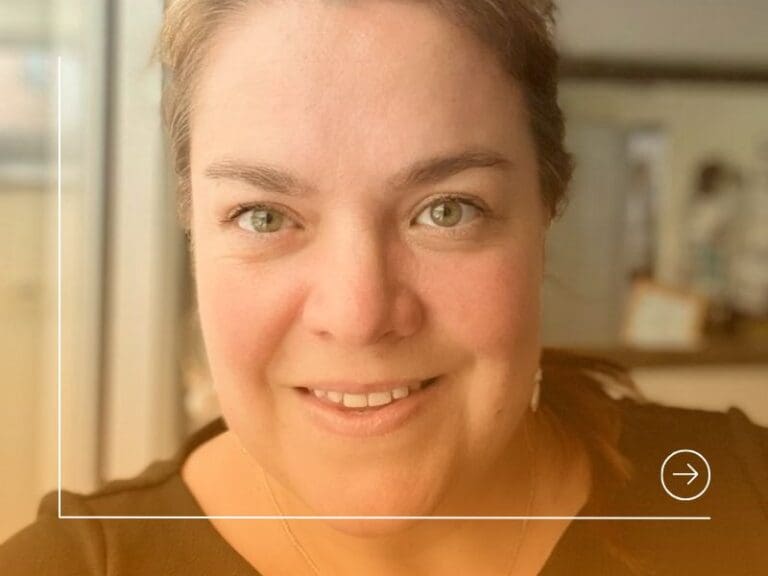AMY IS A MEMBER OF THE COMMERCIAL DISPUTE REGULATORY TEAM, WHO TRAINED WITH WOMBLE BOND DICKINSON AND QUALIFIED INTO THE TEAM IN SEPTEMBER 2016.
Amy has experience in a broad range of contentious matters ranging from the defence of a class action, oil and gas disputes, commercial contracts and advising on data protection breaches.
Amy advises on disputes before both the Commercial Court and High Court, as well as resolving disputes through mediation.
Amy has also undertaken a secondment with a British multinational banking and financial services company.
WHAT’S YOUR BACKGROUND, AND HOW DID YOU GET INTO LAW?
I grew up on the Isle of Wight and went to a state school. Being from the Isle of Wight, I had grown up around the water and really wanted to be a professional sailor and hadn’t even considered law as a career – I fell into it really! For my A Levels, I decided to take law just to fill my timetable up to four subjects rather than having any agenda. This was the turning point as I had a fantastic teacher that made me fall in love with the subject.
During my A Levels, I got onto a widening participation scheme called Pathways to Law, which was recommended to me by my tutor, and gave me access to work experience, resources and mentoring. I still had sailing on my mind so I decided to study at Southampton University as it had the best sailing team in the country, alongside being part of the Pathways programme and well-regarded for law.
Whilst studying, I had an interview at what was then known as Bond Pearce and undertook a training contract with them. I loved the firm and what it did, so I joined them a few years later.
WHEN WERE YOU INTRODUCED TO TECHNOLOGY IN PRACTICE?
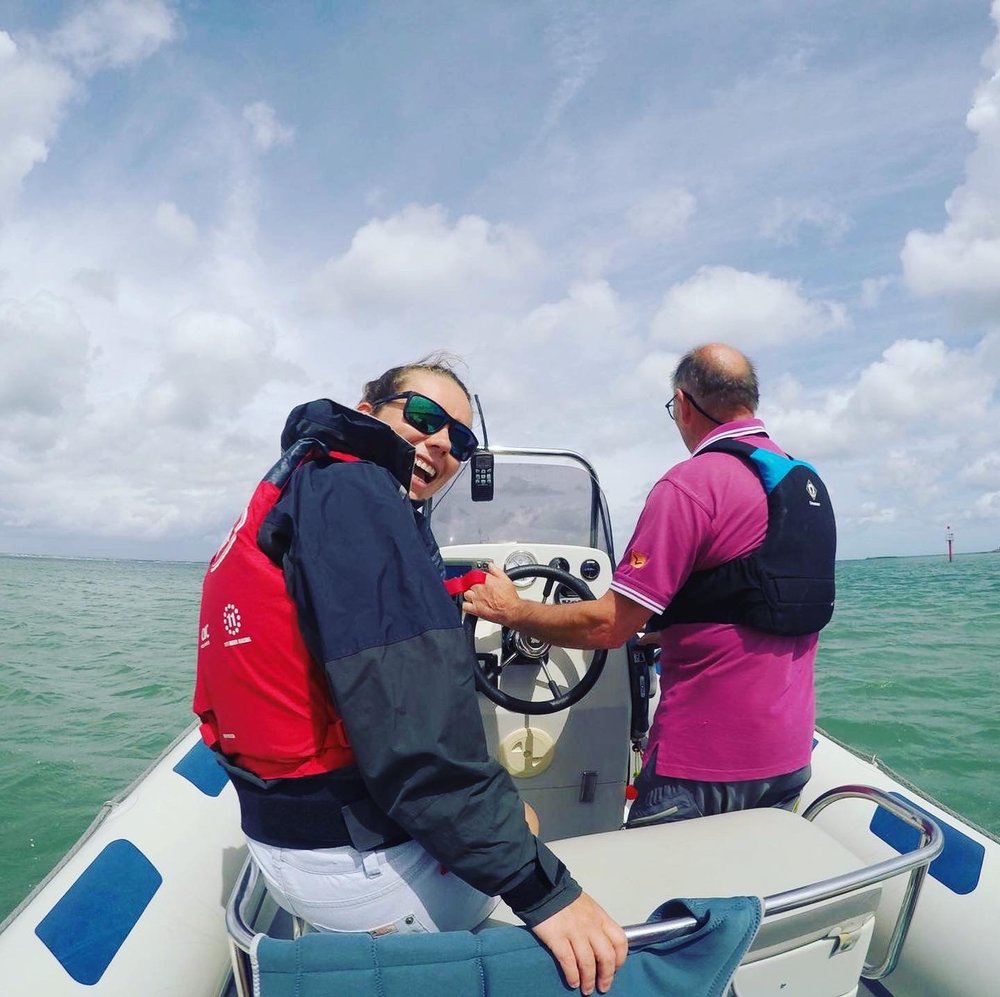
I fell in love with tech through sailing as I enjoyed the analytical side, studying your performance data and seeing how you can improve.
I was introduced to technology in a legal context in the last year of my training contract. During the training process, you move around different departments or ‘seats’ within a firm. I took my last seat in our Commercial Disputes and Regulatory team, which does lots of litigation. We were acting on a large piece of litigation with millions of documents.
I took on the process of looking after the document management and discovery process. At the time, we outsourced that to a third-party vendor. It was fantastic because I had a hybrid legal / technical e-Discovery role, and was exposed to a new world of e-discovery by working with the third-party vendor using their technology.
It was a steep learning curve to use all their e-discovery and analytical software but, it was something I found interesting because of the analytical nature.
After that case was closed, I took on the role of developing Womble Bond Dickinson’s e-discovery team.
WHAT IS AN E-DISCOVERY LAWYER?
An e-discovery lawyer specialises in the discovery and disclosure process, which involves preserving, collecting, analysing and exchanging electronic data that must be stored for evidence in a case. But also acting as a legal advisor on the process and defending the approach adopted. It is an ever changing area due to the advancements in tech and growing / changing types of digital information that needs to be analysed in a case, for example emails, digital files, CRM data, WhatsApp, Slack and Teams messages.
WHAT CHALLENGES HAVE YOU ENCOUNTERED ALONG YOUR CAREER?
At the start, I had to prove that the e-discovery team would work – I felt a huge pressure around that and I wanted to see it succeed. One of the biggest challenges was making that jump to hire somebody; that was scary because I’d never line managed anyone, and I didn’t know if it was going to work. Knowing that someone’s salary is relying on you and this chance you’ve taken, you want to do the best for them and their career.
DO YOU HAVE A MENTOR?
Andrew Parsons, a partner at Womble Bond Dickinson, is a great mentor, as is Tom Beezer, who have both been mentors since I was a trainee. They’re both fantastic assets for testing ideas and guiding me in the right direction Also, Sally Dallow is a wonderful informal mentor; she was one of the first to start using the e-discovery team and tells everyone about it. She is one of those people who will mention your name in a room of opportunities.
You need allies like that when you’re doing something new.
One of the biggest benefits I’ve had is finding someone at my peer level to talk to. When I got promoted to managing associate, I found it quite lonely, as I had less of a peer network. Once you’re in a job, find someone you can have an honest conversation with, who is going through the same stuff, and knows what you’re experiencing. For me, that has been invaluable.
WHAT ARE YOUR GOALS FOR THE NEXT ONE, FIVE AND TEN YEARS?
My goal for the next year is to grow the team. Over the next five to ten years, my goal is to do myself out of a job, which is something Tom taught me. I’d love to see one of my team members take over and start running the e-discovery team, so I can go on and develop something new. It’s important to continue growing in your career and also taking people along with you as you do.
WHAT ADVICE WOULD YOU GIVE TO OTHER WOMEN WANTING TO REACH THEIR CAREER GOALS IN LAW AND TECHNOLOGY?
Find someone to talk to. My law teacher was fantastic at bringing real-world experience to the classroom. Search for schemes that get you any experience and jump on them. They are an excellent opportunity to see what the real-world job is like.
I’d also just say to just go for it if you’re passionate about it.
We have an e-discovery team because I was stubborn (plus some hard-work and being in the right place at the right time!).
We spend so many hours at work, so make sure you do something you love.


